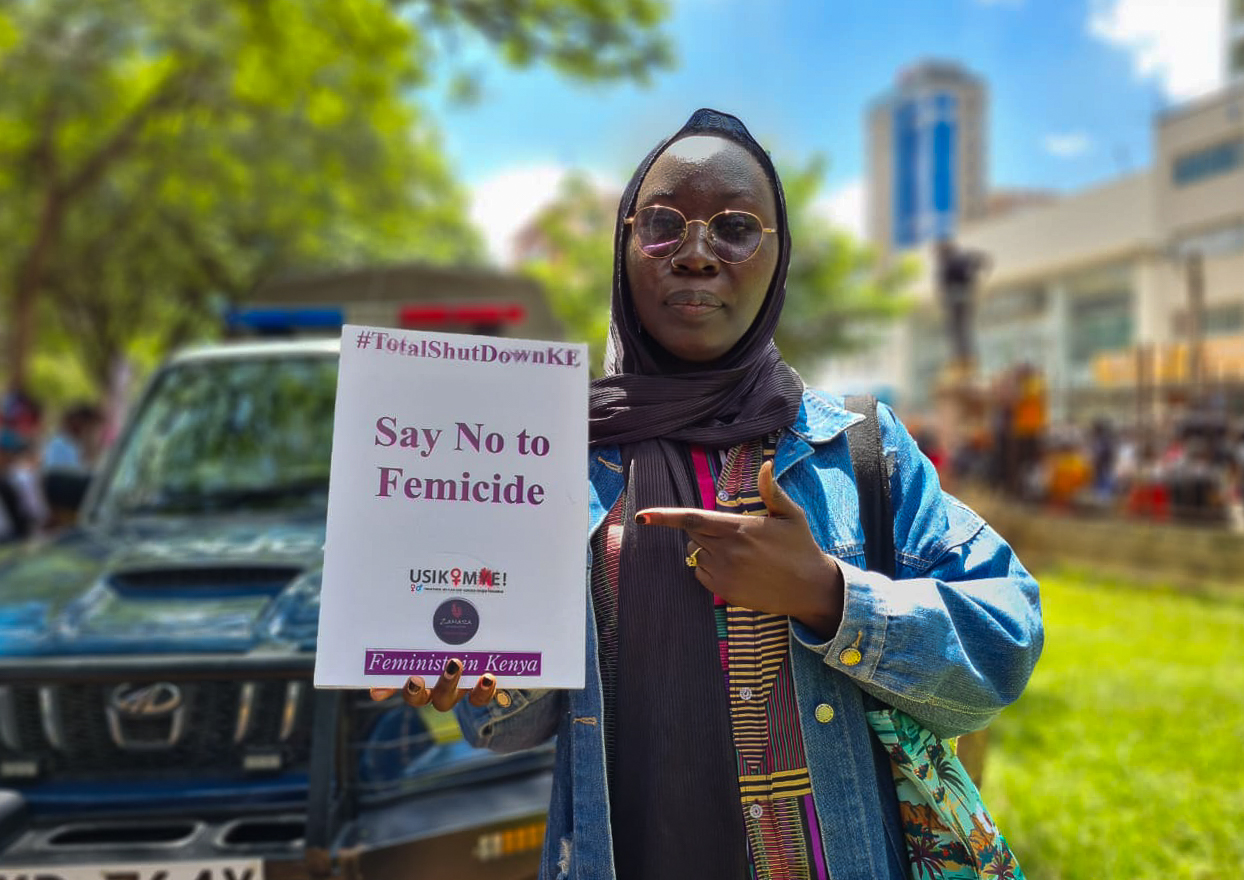On January 7, Starlet Wahu Mwangi, 26, was found dead at an apartment in South B estate, Nairobi. Police arrested John Matara, 34, in connection with her murder.
Seven days later, Rita Waeni, a 20-year-old student, was found murdered and dismembered in a shortlet apartment in Nairobi. Her head was missing, along with her phone and other personal items. Police arrested and arraigned two foreigners—William Ovie Opia and Johnbull Asbor—over Waeni's murder.
Human rights activists termed the two murders as femicide. Femicide is the killing of a woman or girl by a man on account of her gender.
Femicide Count Kenya, which monitors killings reported in local news, recorded 58 deaths it labelled as femicides between January and October 2022. In 2023, the organization said it documented at least 152 killings – the highest in the past five years.
Africa Uncensored, Africa Data Hub and Odipodev further estimate that over 500 Kenyan women were murdered between 2016 and 2023.
These cases, including the recent ones, have led to calls for more to be done to address violence against women.
Toxic masculinity in the Kenyan context
One of the causes of femicide has been toxic masculinity, which manifests in various forms—from men monopolizing conversations and dismissing women's voices to promoting harmful stereotypes that perpetuate aggression, dominance, and control. Recent femicides in Kenya bore witness to the devastating consequences of these toxic attitudes, as women became victims of brutal acts that reflected a warped sense of power and entitlement.
Rhetoric and diversionary tactics
Amidst these gruesome crimes, divergent narratives have emerged, deflecting attention from the core issue. From blaming the use of shortlet apartments—commonly referred to as Airbnb—to absurd claims that women should stop loving money or attributing the problem to Nigerian immigrants engaging in rituals, these narratives served as mere band-aids to a gunshot wound. They distracted from addressing the root cause of femicides—deep-seated toxic masculinity that fosters violence against women.
Amerix: A local example
Closer home, figures and X accounts like @amerix have perpetuated harmful stereotypes that contributed to the normalization of toxic masculinity. This account's messaging reinforces notions of dominance and control, further ingraining the dangerous belief that men should exert power over women. The consequences of such attitudes are dire, as witnessed in the two recent femicide cases in Kenya.
Learning from Mexico
Mexico, too, has grappled with femicide, prompting a group of men to challenge toxic masculinity. They deconstructed harmful stereotypes and fostered a culture of respect and equality by creating spaces for reflection, dialogue, and responsibility. This approach serves as an inspiration for Kenya to address the root causes of femicide.
Additionally, Mexico made significant legal strides in combating femicide. In 2012, the country added femicide into its penal code, leading to the imposition of strict sentences. The crime of femicide now carries a minimum sentence of 20 years and a maximum of 70 years.
Urgent action
The recent wave of femicides in Kenya calls for urgent and comprehensive action. By understanding the link between toxic masculinity and femicide, acknowledging the role of harmful stereotypes, and drawing inspiration from global initiatives like those in Mexico, Kenya can strive towards creating a society where women are safe, valued, and free from the shadows of violence.
The time for change is now, and it begins with challenging toxic masculinity at its core, and the best way to start is by listening to the voices of women and survivors.


